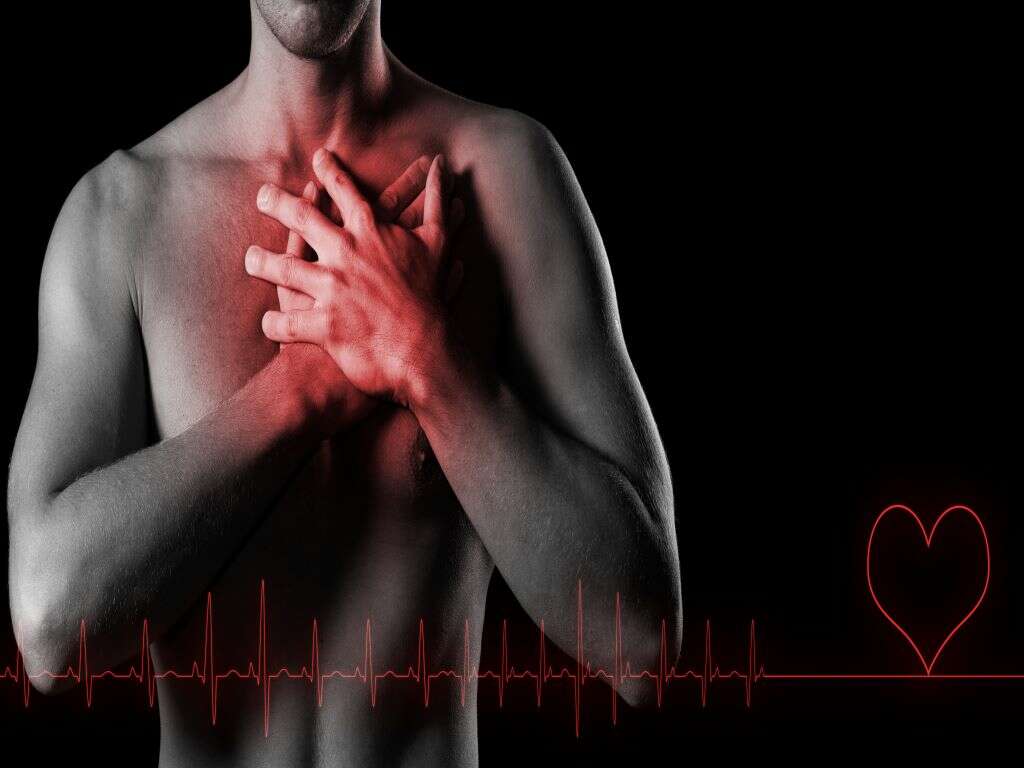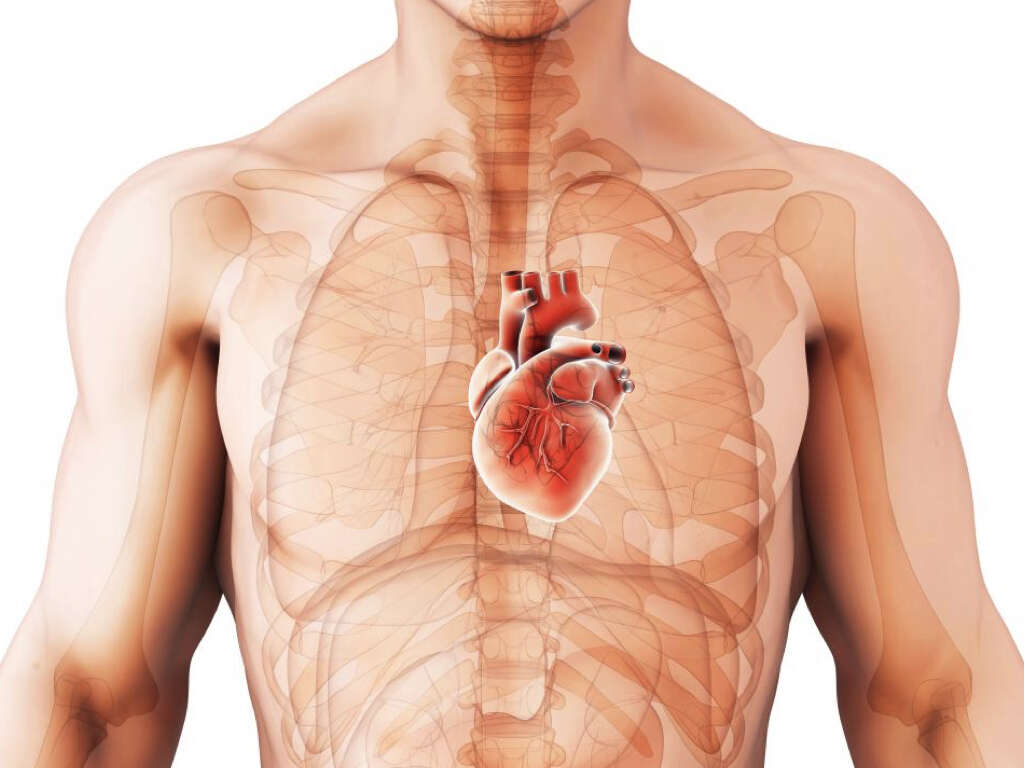10 Cardiomegaly Symptoms
 Article Sources
Article Sources
- 1. 'Enlarged Heart (Cardiomegaly): Causes, Symptoms, Treatment.' Cleveland Clinic, my.clevelandclinic.org/health/diseases/21490-enlarged-heart-cardiomegaly
- 2. 'Syncope: Symptoms, Causes, Treatments.' Cleveland Clinic, my.clevelandclinic.org/health/diseases/17536-syncope
- 3. ’Gastrointestinal Bleeding.’ Mayo Clinic, Mayo Foundation for Medical Education and Research, 15 Oct. 2020, www.mayoclinic.org/diseases-conditions/gastrointestinal-bleeding/symptoms-causes/syc-20372729
- 4. ’Chest Pain.’ Mayo Clinic, Mayo Foundation for Medical Education and Research, 8 Dec. 2017, https://www.mayoclinic.org/diseases-conditions/chest-pain/symptoms-causes/syc-20370838
- 5. ’Practical Tips to Reduce Bloating, Belching and Gas.’ Mayo Clinic, Mayo Foundation for Medical Education and Research, 13 Feb. 2020, www.mayoclinic.org/diseases-conditions/gas-and-gas-pains/in-depth/gas-and-gas-pains/art-20044739
Arrhythmia
People with an enlarged heart could experience abnormal heart rhythms, also known as arrhythmia. Arrhythmia affects the rate of heartbeats. It occurs when the electrical impulses that regulate the heartbeat are functioning improperly. People with arrhythmia may experience heartbeats that are too fast, too slow or erratic. The sensation may be like a racing or fluttering feeling in the neck or chest.
Although these palpitations are usually harmless, arrhythmia can interfere with blood flow to the body and cause damage to vital organs.
Advertisement











